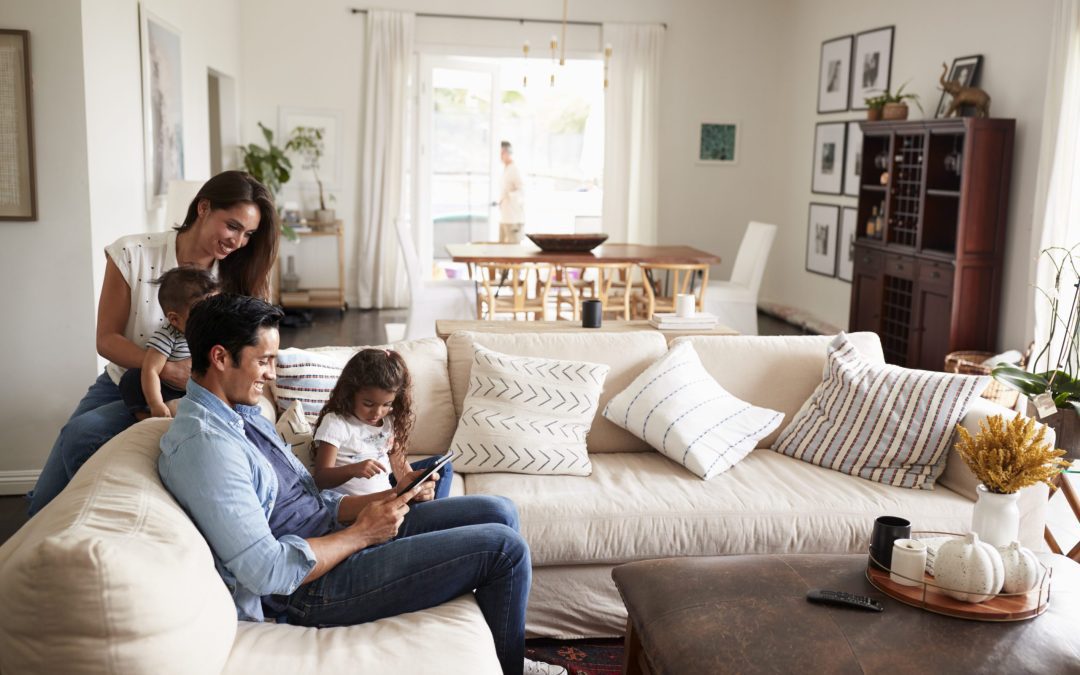The UK housing market has been on the rise since the early 2000s and many people have looked at property as an opportunity to invest their hard-earned cash to provide a stable investment platform with the potential to realise returns from both the rental income, as well as the growth in house prices.
Purchasing a property to let
There are many options when it comes to purchasing a property to let from owning a single property in your own name to owning properties in a Limited Company name to Houses of Multiple Occupancy (HMO’s) to student lets.
Common buy to let ownership problems
The focus of this blog will be to look at the two most common ownership options i.e. owning it in your name or purchasing a property in a Limited Company name. The main criteria on how best to own property are based on what will be the most tax-efficient option for the individual/s who are purchasing the property, or who will own it. We do not give tax advice as this is outside our remit, but would always recommend discussing the ownership options with a suitably qualified accountant prior to making the decision on the ‘ownership of the property.
Personal ownership v limited company ownership
The main difference in mortgage terms for the different ownership options is that mortgage rates will tend to be lower for personal ownership vs. limited company ownership.
The main rationale behind this is lending to Ltd companies has historically been more expensive than personal borrowing due to limited liability of the debt, however, most lenders ensure they secure a personal Guarantee and competition is far greater in the personal ownership market vs. lenders offering mortgages for limited company ownership. The positive is that there appear to be more lenders starting to offer Limited Company Buy to Let mortgages, due to the tax benefits that come with this.
Growing your property portfolio
The next thing to consider when looking at the best way forward for any individual is to identify if you have a plan to grow the portfolio, what term you envisage holding the property/s for, if you have an exit strategy, if you are planning to pay the mortgage down over time etc… as this will also help your accountant determine what the ‘best’ purchase route will be by reviewing these plans and also looking at potential future tax charges e.g. capital gains etc.
Taxes and fees
Once you have a plan in place, understand the tax position, considered the additional stamp duty that you may pay if you already own other properties, have identified the best purchase option for your needs the next thing is to identify the right property. This may be based on how much deposit you have available as this will likely dictate the purchase price (most lenders will want a minimum deposit of 25% of the property’s value) and therefore that is within your price range.
It may be that you have researched the best rental properties, looked are different areas, are willing to look wider afield, if you will manage the property or appoint a letting agent, etc.
Where to start your buy to let journey
A good starting point would be to discuss your position with an experienced mortgage broker as they will be able to confirm the lending available, likely rates, fees, and additional costs, etc… and to then couple this with discussing your requirements with local estate/letting agents. Finding a helpful local estate/letting agent will help to identify the most suitable properties that will deliver a good rental yield as well as potential capital growth.
Once you know the level of deposit, and likely rental income that will be received from the type of property (that fits with the deposit amount you have i.e. 25% of the property value) then you can start to discuss the different mortgage options available to you with your local broker and pursue the properties that you are interested in.




